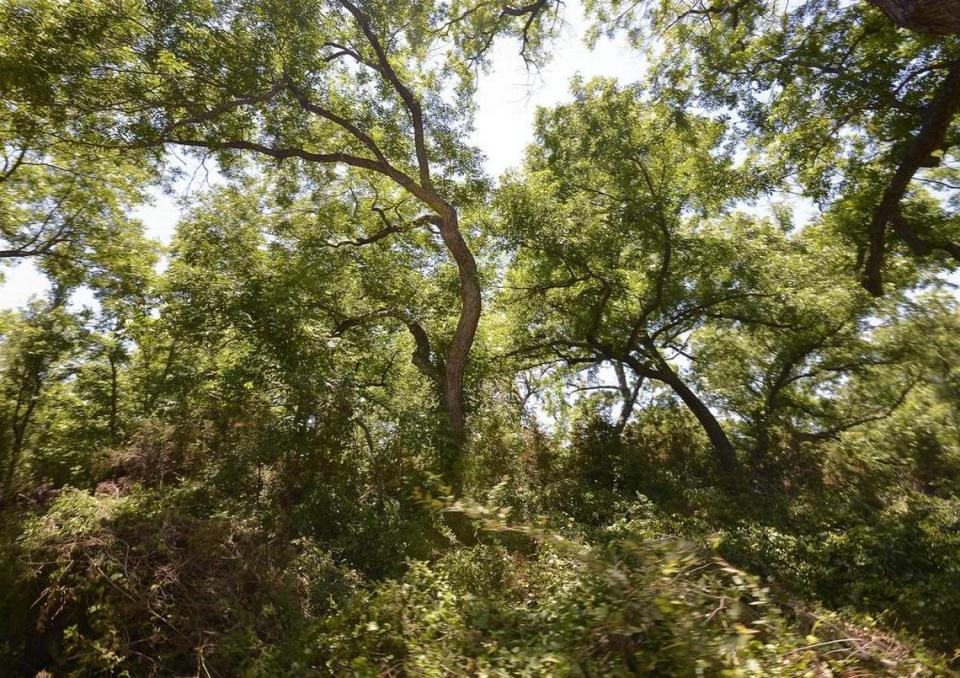Be prepared for pollen season: Tips and research for allergy sufferers in NC
As temperatures continue to rise earlier each year, the start of pollen season is also getting earlier and earlier. This increase in warmth is causing trees to produce more pollen, resulting in longer and more intense allergy seasons.
In fact, Raleigh has been named one of the worst places in the U.S. for seasonal allergies, with the city ranking 16th in the list of most challenging places to live with pollen allergies.
The severity of pollen in recent years has prompted discussions on monitoring pollen counts and taking necessary precautions to protect oneself from allergens. Additionally, new research suggests that climate change could lead to even longer and more intense pollen seasons, particularly in the Southeast U.S.
With springtime approaching, the annual pollen invasion is imminent, leaving many residents feeling miserable. However, there are ways to find relief, as suggested by the N.C. Division of Air Quality.
Find out more about the potential impact of climate change on allergic rhinitis and asthma, and seek medical attention if needed:
Warmer February means an early start to pollen season in NC
As temperatures rise earlier each year, so does the start of pollen season. The increased warmth is causing trees to produce more pollen, leading to longer and more intense allergy seasons. Find out why this is happening and what it means for those who suffer from seasonal allergies.
— Read the full story by N&O reporters Korie Dean and Kimberly Cataudella Tutuska
Should you use OTC allergy meds or get shots? What experts recommend
While over-the-counter allergy pills and nasal sprays can still be effective, it is crucial to start taking them early in the season. For those seeking a more permanent solution, allergy shots, also known as immunotherapy, can provide long-term relief. However, they require a significant time commitment and can be costly. Here’s what to know from NC doctors.
— Story by N&O reporter Kimberly Cataudella Tutuska

North Carolina’s pollen crisis: Climate change + tips for allergy sufferers
The highest pollen levels in Raleigh typically come in late March or early April, bringing the itchy eyes and runny noses that come with allergy season. In this article, we cover the severity of pollen in recent years, how to monitor pollen counts, and steps to take to protect oneself from the allergens. Additionally, the article discusses the impact of climate change on pollen levels and the importance of seeking medical attention for those with severe allergies.
— Story by N&O reporter Adam Wagner
Longer pollen seasons are predicted to worsen allergies in the Southeast
Pollen season is undergoing a significant shift, with new research indicating potential implications for allergy sufferers. The findings suggest that climate change could lead to longer and more intense pollen seasons, particularly in the Southeast U.S.
Learn more about the potential impact on allergic rhinitis and asthma.
— Story by N&O reporter Simone Jasper

How to find relief in Raleigh’s high tree pollen count
As springtime arrives, so does the annual pollen invasion. While pollen from pine trees is not usually an allergen, it is the most visible and abundant, causing a yellow and green haze that leaves many residents feeling miserable. With oaks just starting to release their pollen, and other trees and grasses to follow, it seems total pollen avoidance is next to impossible.
However, there are ways to find relief, as suggested by the N.C. Division of Air Quality.
Read the full story by N&O reporter Josh Shaffer.
Raleigh NC ranked 16th worst U.S. city for seasonal allergies
Raleigh ranks 16th in the list of most challenging places in the United States to live with seasonal pollen allergies, making it the most challenging place in North Carolina to live with seasonal allergies, according to a report by the Asthma and Allergy Foundation of America. The report ranks the 100 most-populated U.S. metropolitan areas based on total pollen scores for tree, grass, and weed pollen, over-the-counter medication use, and the number of allergy specialists in each city.
Read the full story by N&O reporter Korie Dean.
This page is a collection of stories reported and written by McClatchy journalists. The collection was formed using an AI tool for summarization and edited by journalists in the newsroom. Read more on our AI policy here.

